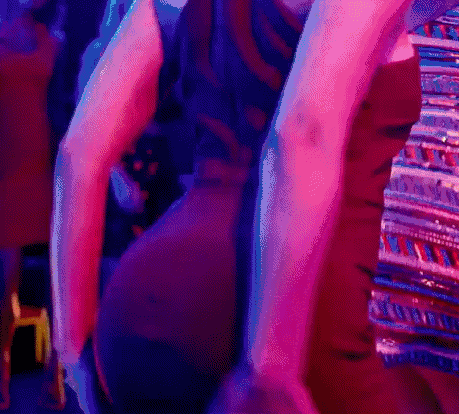Now Reading: Understanding the Digital Millennium Copyright Act and Its Importance for Content Creators
-
01
Understanding the Digital Millennium Copyright Act and Its Importance for Content Creators

Understanding the Digital Millennium Copyright Act and Its Importance for Content Creators
What is the Digital Millennium Copyright Act?
The Digital Millennium Copyright Act (DMCA) is a pivotal piece of legislation enacted in 1998 that addresses copyright issues arising from the digital age. It aims to protect the rights of content creators while allowing users access to creative works. Furthermore, the DMCA provides a framework for resolving disputes related to copyright infringement on the internet, making it essential for all content creators to understand its implications.
The Connection Between the DMCA and Content Creators
For content creators, the DMCA serves as a safeguard for their original works. This includes musicians, writers, photographers, and even social media influencers. By ensuring that the content they create is protected, the DMCA empowers creators to express themselves without fear of unauthorized use. Additionally, it establishes rules for how copyright holders can enforce their rights against infringing content across various platforms.
The Role of the DMCA in Protecting Creative Works
As the digital landscape evolves, the DMCA plays an increasingly crucial role in enabling content creators to monetize their work. For instance, if a creator finds that their work has been misused or copied without consent, they can issue a takedown notice under the DMCA to have the infringing content removed. This process is vital not only for protecting individual rights but also for maintaining the integrity of artistic expression in the digital era.











